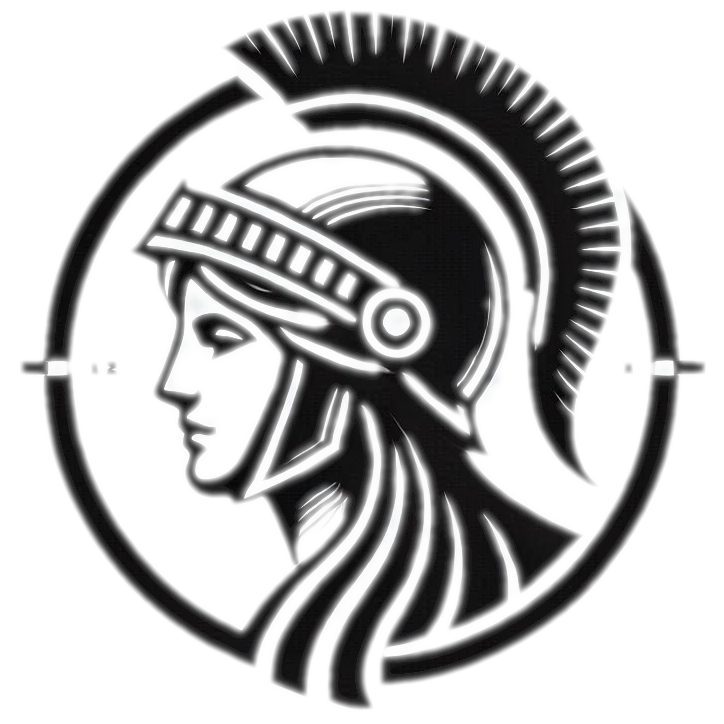- Title: Winter Evening Conference Between Neighbours
- Author: John Goodman
- Printed by J.M. for R. Royston
- Estimated year of printing: 1686
Notes:
Printed in the 17th century, this is my earliest example of a “moral guidance” book. I love books on etiquette and moral guidance, as they are time capsules of attitudes and opinions from past eras. Where similar books from the 1700s and 1800s would have chapters on specific topics, this one is especially interesting because it’s written as a series of conversations between several characters. Believed to make complex topics more approachable, the downside is that it has a tendency being very verbose, interspersed with pleasantries, and lacking any easy way to find specific topics.
Written anonymously by John Goodman, an English clergyman and author, this book covers topics such as religion, morality, and philosophy. It spends a great deal of time warning against gambling, with no worries about being overly dramatic:
“Diversions of this nature having so much of chance and surprise in them, do generally too much raise the passions of Men, which it were fitter by all arts and endeavors to charm and suppress. . . .to say nothing of the usual accidents of common Gaming-Houses which. . . . are the most lively Pictures of Hell upon Earth, and where it is ordinary for Men to rave, swear, curse, and blaspheme as if the Devil was indeed amongst them, or the Men were transformed into infernal spirits.”
Coming from a more agricultural era, the book references winter as a time for growth, since men can focus on themselves rather than farm: “When the Fields lie dead, and admit of no Husbandry, I then can cultivate the little Garden of my own Soul.”
The publisher, Richard Royston (1601 – 1686) is notable in his own right. During and after the English Civil War, he was notorious for publishing anti-parliament works, and was jailed and punished while parliament was in power. Ten days after the beheading of Charles I, Royston published the first edition of Eikon Basilike (1649), the purported “spiritual autobiography” of Charles I which portrayed him as a martyr. When Charles II came into power, he made Royston the official bookseller of the King.
Historical context:
In 1687, shortly after this book was published, Isaac Newton’s Principia was published, introducing his laws of motion and gravitation, and accelerating the Scientific Revolution. In 1688, England’s “Glorious Revolution” involved an armed invasion by the Dutch resulting in the exile of the Catholic King James II and began the reign of his Protestant daughter, Queen Mary II. Meanwhile in the new American colonies, the Salem Witch Trials would soon occur in 1692.
Further reading:
Acquired August, 2025



